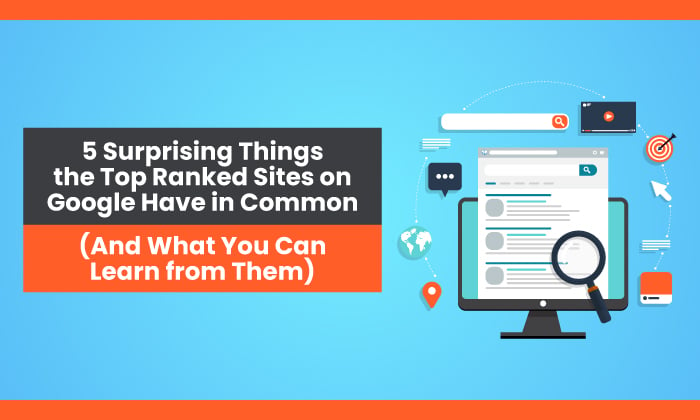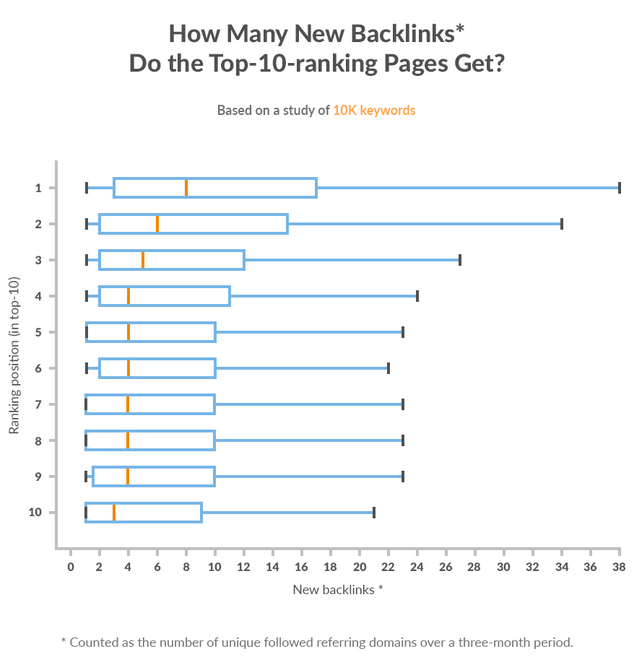Business Licenses and Permits – Are They Really Necessary?
While not every company needs to have business licenses and permits, it’s still vitally important to check. Make sure because there are consequences to not having licensing.
Check out why business licenses and permits matter. And along the way, get specifics on licensure in North Carolina, Massachusetts, Florida, and Washington State.
Reason #1: Why Does a Business Need Licensing?
According to LegalZoom, “A business license is a government document that certifies a business is safe for the public. Exactly which kinds of licenses you require depends upon the kind of business you operate and where you operate it.”
Licensing is also a form of revenue for states, cities, and counties. But no matter how much profit a jurisdiction may get from providing licenses, licensure is still rooted in public safety.
Reason #2: Why Does a Business Need Permits?
According to Chron, “Business permits regulate safety, structure and appearance of the business community. They act as proof that your business follows certain laws and ordinances. Requirements vary by jurisdiction, and failure to comply often results in fines or even having your business shut down.”
Permits can be related to tax collections. They can also be related to zoning laws, which can be for public safety. For example, you probably can’t open a cattle feedlot or a chemical processing plant in a residential area
Applying for Variances
If you cannot, or do not want to, comply with a local ordinance, you can petition for a special permit called a variance. A variance essentially gives you permission to violate an ordinance. These are rarely granted and can be expensive due to legal fees. So make sure you need one before you request it.
Reason #3: Check Out What Happens if you Operate Without Business Licenses and Permits
So if a license is required, then get one. If you don’t, you could be forced to close. You may have to pay a fine. Your business could have to go through a probationary period before being allowed to reopen. The licensing authority (city, state, etc.) could refuse to grant you a license. Or your business could experience any combination of these.
If you don’t have a license, you could be sued for fraud. This is because it’s a misrepresentation if you open your doors without a license. After all, the public is reasonably expected to believe you have all necessary permits and licenses.
Your business reputation could take a tumble. Because customers may feel if you won’t follow the law, you won’t follow their directions, either. You could scare off prospects. As they might see your business as being fly by night.
So is it really worth it to not have licenses and permits? You should already know the answer to that.
Consider This: Licenses, Leases, Permits, and Registrations Are All on a Calendar
These all need renewal on a regular basis, so keep track of those dates. Keep a copy of all applications and forms in your business records. Make sure you follow all rules for displaying licenses and permits.
Most places require you to display the license prominently for your customers. Check to see if you need additional licenses before expanding your building, launching a new product, or offering a new service.
Consider This: Recordkeeping
When we talk about fundability, one of the areas we stress is keeping consistent records. Hence in addition to keeping track of renewal dates, you should also make sure all licenses, permits, etc. have the exact same business name, address, phone number, etc. And if any of these basics change, be sure to update all of these documents.
Learn more here and get started with building business credit with your company’s EIN and not your SSN.
Which Types of Federal Business Licenses Do You Need?
If a federal agency regulates your business activities, you will need a federal license. According to the Small Business Administration, businesses in the following industries will need a federal license:
- Agriculture
- Alcoholic beverages
- Aviation
- Firearms, ammunition, and explosives
- Fish and wildlife
- Commercial fisheries
These industries are also included on the list of industries that must have federal licenses:
- Maritime transportation
- Mining and drilling
- Nuclear energy
- Radio and television broadcasting
- Transportation and logistics
Which Types of Local Business Licenses Do You Need?
Local business licenses come from your state or city. They are determined by local laws. Federal licenses pertain to certain kinds of business activities. But a local business license means adhering to your state’s specific business regulations. To set up your business license, you often have to have a commercial address that must be a licensed business as well. You increase your chances of rejection if you use a non-licensed business as your address.
Which Types of State Business Licenses Do You Need?
States have various requirements. As a result, the rules for one will not necessarily apply to another. Here are a few example states to give you an idea of what’s needed, and where to get licensing.
Business Licenses and Permits in North Carolina
North Carolina does not have a generalized license to cover all bases. You’ll need to check your specific industry. The North Carolina Department of Commerce keeps the North Carolina Business & Occupational License Database. There are hundreds of business, occupational, and privilege licenses issued in North Carolina.
Some sample occupations that require licensing include:
- Truck Driver School Recruiter
- Asbestos Accreditation
- Certified General Real Estate Appraiser
- Kerosene Supplier
Business Licenses and Permits in North Carolina Cities Like Charlotte
Cities have their own licensing requirements. For example, in Charlotte, you will need to visit Charlotte Business Resources. The Licensing and Permitting page has a wealth of information on getting licenses not just in Charlotte, but also Mecklenburg County. The page answers basic questions on taxes and other topics of interests to business owners.
Learn more here and get started with building business credit with your company’s EIN and not your SSN.
Business Licenses and Permits in Massachusetts
In the Bay State, the Division of Professional Licensure (“DPL”) is an agency within the Office of Consumer Affairs and Business Regulation.
Collectively, DPL boards and offices license and regulate over 150 trades and professions in Massachusetts.
From the Massachusetts government website page on the DPL, you’ll need to click on the board governing the appropriate industry to get more information on the licensing you’ll need.
Get a Business License in Mass.
There is also a topic page on the Massachusetts government website all about professional licenses and permits. From that page, you can learn about licensing requirements and laws governing basic professional categories such as:
- Health care
- The building trades
- Cosmetology
Getting a Business License in Massachusetts Cities Like Boston
In the city of Boston, the city’s website has a section on small business development. The Licensing Board issues and regulates licenses for alcohol, food, and lodging in Boston. The Consumer Affairs and Licensing Division licenses entertainment for restaurants and nightclubs. When it comes to liquor licenses, in some instances you will have to meet with the Neighborhood Association before a Board can proceed.
Business Licenses and Permits in Florida
On the My Florida License website, you can click on the names of several industries to learn all about their licensing requirements. These industries include:
- Electrical contractors
- Harbor pilots
- Certified public accountants (CPAs)
Get a Business License in Florida Cities
Many Florida cities have licensing requirements. For a list of Florida cities that links directly to their official websites, go to the Cities page at the State of Florida website. That website also has a Permits and Licenses page.
Business Licensing in Florida Cities Like Tampa
For example, the Tampa government website shows how to get construction permits in the city. Permits are required for, among other activities:
- Tree removal
- Adding or repairing/upgrading a pool or a spa
- The interior finishing of new construction
Business Licenses and Permits in Florida Counties Like Hillsborough
Florida counties have their own licensing requirements. For a list of Florida counties that links directly to their official websites, go to the Counties page at the State of Florida website. On that page, you can choose a county by name.
For example, for licensing information in Hillsborough County, go to the county website’s Apply page, then choose the Businesses tab. There you will find links to permits for activities such as:
- Fireworks displays
- Special events
- Doing construction, development, or utility work in the County’s Right-of-Way
Learn more here and get started with building business credit with your company’s EIN and not your SSN.
Business Licenses and Permits in Washington State
On the Washington State government website, go to the Department of Revenue page, and then to Open a Business, then to Apply for a Business License. You will need to register with the Department of Revenue and get a business license if you meet any of the following conditions:
- Your business requires city and state endorsements
- You are doing business using a name other than your full name legal name
- Or you plan to hire employees within the next 90 days
- You sell a product or provide a service that requires the collection of sales tax
You will also need to register with the Department of Revenue and get a business license if you meet any of the following conditions:
- Your gross income is $12,000 per year or more
- Your business is required to pay taxes or fees to the Department of Revenue
- Or you are a buyer or processor of specialty wood products
- Your business meets Nexus threshold reporting requirement
Business License in Washington Cities
For city licensing, go to the Washington State government website and look under Manage a Business, then City License Endorsements. There is a list of many of the cities and larger towns in Washington. However, it does not include all cities and towns.
To be thorough, Google the name of the appropriate city or town if it isn’t listed. Check their government website directly, just to be sure.
Business License in WA State Cities Like Seattle-Tacoma (SeaTac)
For example, if you click on the SeaTac link, there is information on a general business license. The City of SeaTac requires a license for all businesses located within city limits or conducting business within city limits.
If you are not sure if you will do business within the city limits, contact the city directly before you apply. Costs depend on the total number of full-time equivalent employees at your business.
Business Licenses and Permits: Takeaways
Business licenses and permits can be easy to overlook in your initial excitement at getting your business off the ground. But don’t ignore them! Failing to properly license a business can result in fines and other penalties. It can also cost you in business from customers and prospects.
Always check state, county, and city/town websites when it comes to licensing. Or call the appropriate government offices to be sure your business is fully and properly licensed.
For more help with setting up a business and making it the best it can be, make sure to contact us. And find out just what our Business Credit Builder has to offer.
The post 3 Surprising Reasons Why It’s So Important to Get Business Permits and Licenses appeared first on Credit Suite.







